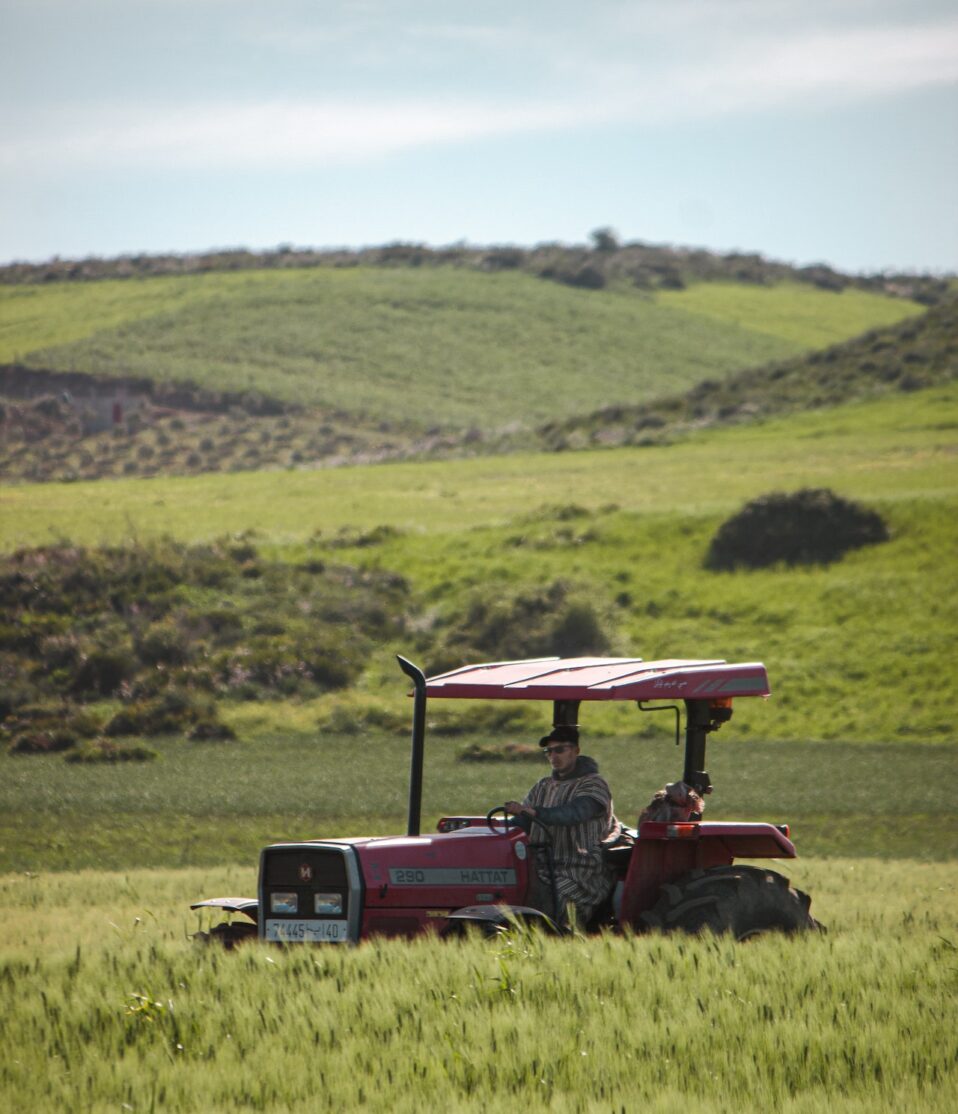“Century Farms” are an essential part of the Tennessee Heritage Farms Program. Administered by the Center for Historic Preservation at Middle Tennessee State University, the program recognizes and works to conserve farms that have remained in the same family and in continuous agriculture production for 100 years or more.
About 2,100 such farms have been certified across the Volunteer State — a dozen of them in Cocke County:
- Baxter Farm, 1875
- Bible Farm, 1887
- Dwight L. Bundy Farm, 1907
- Heritage Farms, 1849
- Jim and Alice Freeman Gulf Farm, 1910
- Leibrock Farm, 1886
- M.G. Roberts Poplar Tree Farm, 1859
- Neas Farm, 1885
- Oakleaf Farm, 1902
- Ottinger Farm, 1894
- Pitts Farm, 1897
River Dale Farm, established in 1794, is also a designated Pioneer Century Farm, meaning that its operation dates back to the founding of the State of Tennessee in 1796 or before.
“Despite drought, floods, the Civil War and the Great Depression, these families have remained tillers of the soil, persevering where others have failed,” wrote state historian Carroll Van West in his 1986 book, “Tennessee Agriculture: A Century Farms Perspective.”
The Tennessee Heritage Farms Program plays a crucial role in preserving rural culture and regional identity – especially in small, mostly-rural counties like Cocke. The program provides educational resources and extension outreach to farm families and the general public, raising awareness of the importance of keeping Tennessee’s agricultural heritage well tended.
The program helps encourage and promote a sense of community pride among the farm families, local historical societies, county extension offices, student groups, city and county governments, and other stakeholder individuals and organizations interested in conserving Tennessee’s countryside and maintaining authentic connections to our cultural roots.
The Heritage Farms Program also aims to promote economic development in rural areas by highlighting the importance of agriculture to the state’s overall economy. Historic farms often attract visitors and tourists who not only appreciate the beauty of the pastoral landscapes, but admire the character, persistence and resourcefulness of Tennesseans who make their livelihoods as producers of civilization’s sustenance.
Given the range of continuing challenges facing today’s farmers, words that Van West penned more than three and a half decades ago — in the midst of the 1980s American Farm Crisis — take on even greater import today: “In a time of agricultural crisis, the legacy of the Century Farmers is a potent reminder that farmers in the past have survived similar hard times to prosper in the future.”







